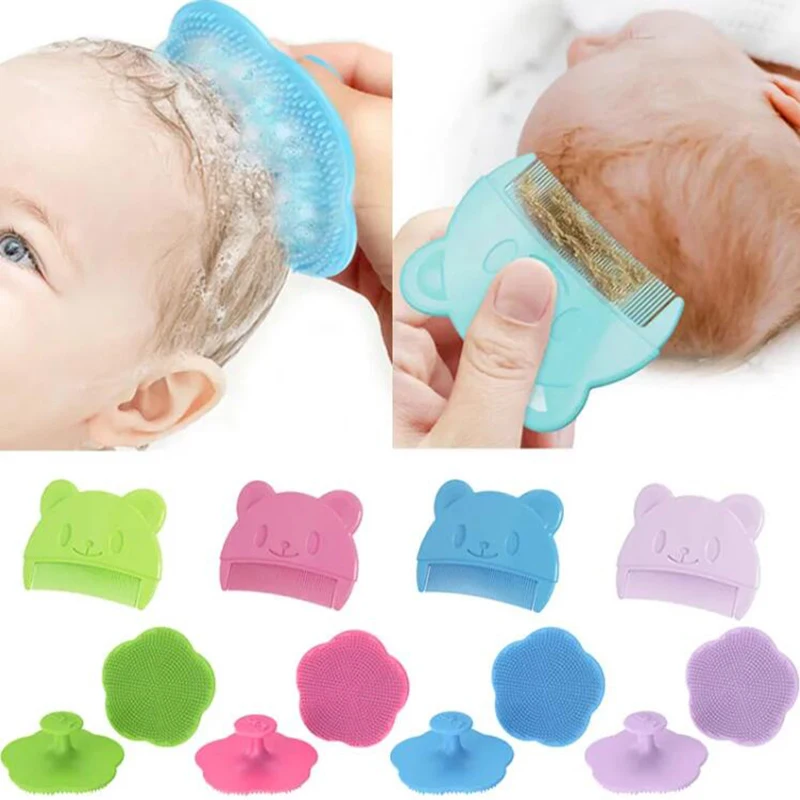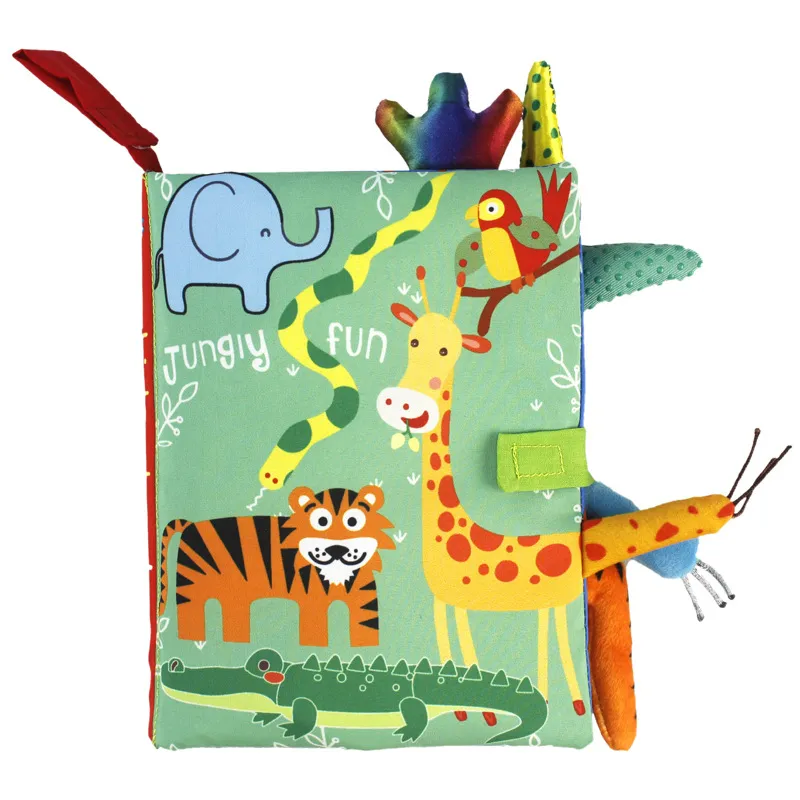The first year of your baby’s life is a period of rapid growth and development, marked by exciting milestones and achievements. Understanding the typical developmental stages can help you track your baby’s progress and provide the necessary support and stimulation. Here’s a guide to navigating the first year of your baby’s life:
- Physical Development: During the first year, your baby will undergo significant physical development, from gaining weight and length to mastering motor skills. In the early months, your baby will learn to hold up their head, roll over, and eventually sit, crawl, and walk. Encourage your baby’s physical development by providing plenty of supervised tummy time and opportunities for exploration and movement.
- Cognitive Development: Babies are born with a natural curiosity and eagerness to learn about the world around them. Throughout the first year, your baby will begin to recognize familiar faces, babble and coo, and respond to sounds and stimuli. Stimulate your baby’s cognitive development by talking, singing, and reading to them, and providing age-appropriate toys and activities that engage their senses.
- Social and Emotional Development: Building secure attachments and relationships is essential for your baby’s social and emotional development. Your baby will begin to smile, laugh, and express a range of emotions, from joy and excitement to frustration and distress. Respond sensitively to your baby’s cues and provide plenty of love, affection, and comfort to nurture their emotional well-being.
- Feeding and Nutrition: Nutrition plays a crucial role in your baby’s growth and development during the first year of life. Breast milk or formula provides essential nutrients for your baby’s developing brain and body. As your baby grows, introduce age-appropriate solid foods to complement their diet and encourage healthy eating habits.
- Sleep Patterns: Sleep is essential for your baby’s overall health and well-being. During the first few months, your baby’s sleep patterns may be irregular, with frequent awakenings for feedings and comfort. Establish a consistent bedtime routine to help your baby learn to self-soothe and settle into a regular sleep schedule.
- Language Development: Although your baby won’t start talking right away, they’ll begin to communicate through cries, coos, and eventually, words. Respond to your baby’s vocalizations and engage in conversations by talking, singing, and imitating their sounds. Reading to your baby regularly can also help promote language development and literacy skills.
- Health and Safety: Monitor your baby’s health and well-being closely and seek medical attention if you have any concerns about their growth or development. Follow your pediatrician’s recommendations for vaccinations, well-baby check-ups, and developmental screenings to ensure your baby is meeting their milestones and thriving.
By understanding the typical developmental stages and milestones for babies, you can provide the necessary support and encouragement to help your little one reach their full potential in their first year of life.






